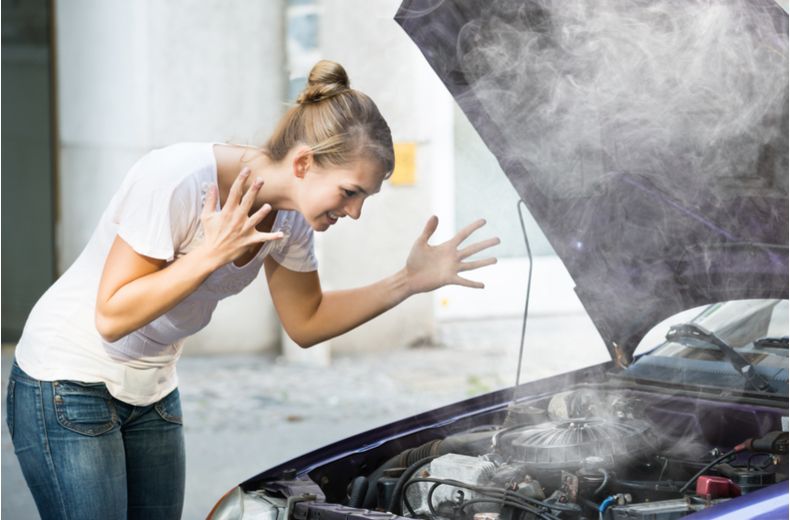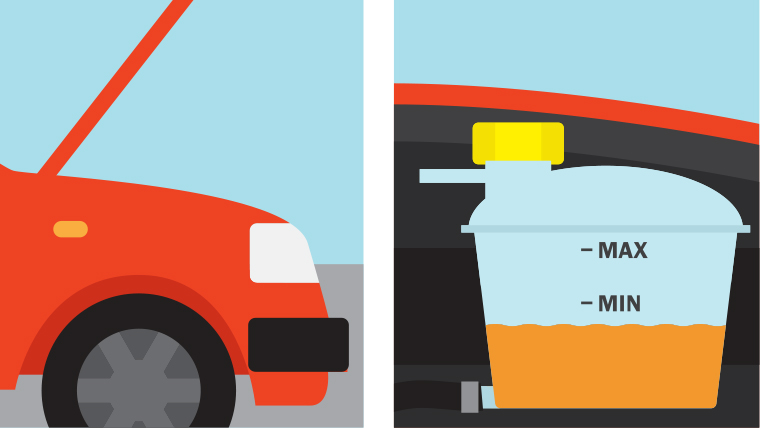How Water Can Damage Your Car

Regardless of how important it is to maintain proper water levels in the radiator, water can prove to be the most damaging element for your car. When you get stuck in your car during excessive rain and flooding seasons, your car is getting continuous damages that you don’t even know. As soon as the car will enter your garage, you will simply let it dry for a day or two, but it won’t compensate for the long-term damage that has started already. Car damages due to water can be very expensive to repair if the situation gets out of your hands. Following are the potential damages to check for if your car has been submerged in a water flooded area.

EngineGets Damaged
The most expensive and serious of all the damages is engine damage. It usually doesn’t occur unless the vehicle was fully submerged in the water where the carburettor was also drowned while the engine was running. If you have a custom exhaust Birmingham for such situations, there are chances that the engine may survive. Otherwise, the engine won’t be able to flush out the debris, contaminants, and water residues resulting in permanent failure. Once the engine fails, there is no other way than replacing it.
Disrupted Fuel Supply
You know that your vehicle cannot run without fuel. When the car has been in the water for too long, the water seeps in the fuel and gas tank damaging the fuel supply. What happens is that you don’t really think that it can be a problem. However, the rusting inside the tank gets mixed with the fuel and make it burn faster, which means you will have to use more fuel on fewer miles. In worst cases, the tank rusts and results in holes that can make the fuel leak as soon as you fill it.
Electrical Damage
Electrical damage is common damage as a result of water seeping inside the car. However, it is not always as simply repairable as you might think of it. Moisture can result in a short circuit of the most important parts of your car such as the audio vide system, the speedometer, air-conditioner, heating system, indicator function, or the failure of the electrical control unit. Make sure you take the car to your nearest mechanic as soon as you are out of the flooded area so that any damage will be identified and resolved right away.
Rusting And Corrosion
The body and parts of your car are all metals and steel. This makes it vulnerable to water damage because there are high chances of both internal and external rusting and corrosion. Once a part of a car parts corroding, there is no way you can undo it without replacing it.

The internal parts can be thoroughly cleaned at the mechanic’s, however, it is only if you take quick action without waiting for the damage to escalate. Screws, bolt, fuel tank, brake pads, trunks, clutch, muffler, exhaust pipe are the major parts to check for corrosion.

.jpg)

Comments
Post a Comment